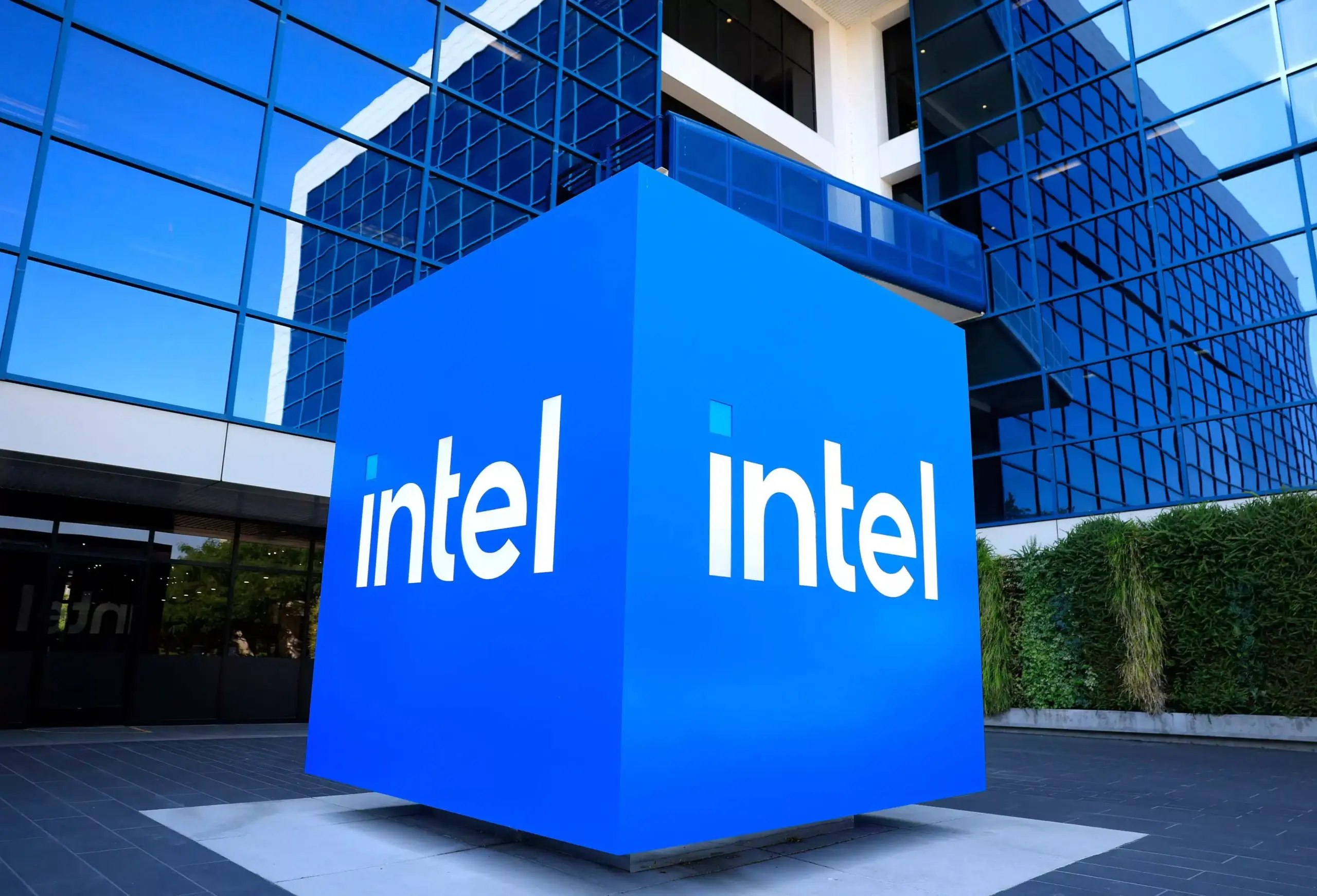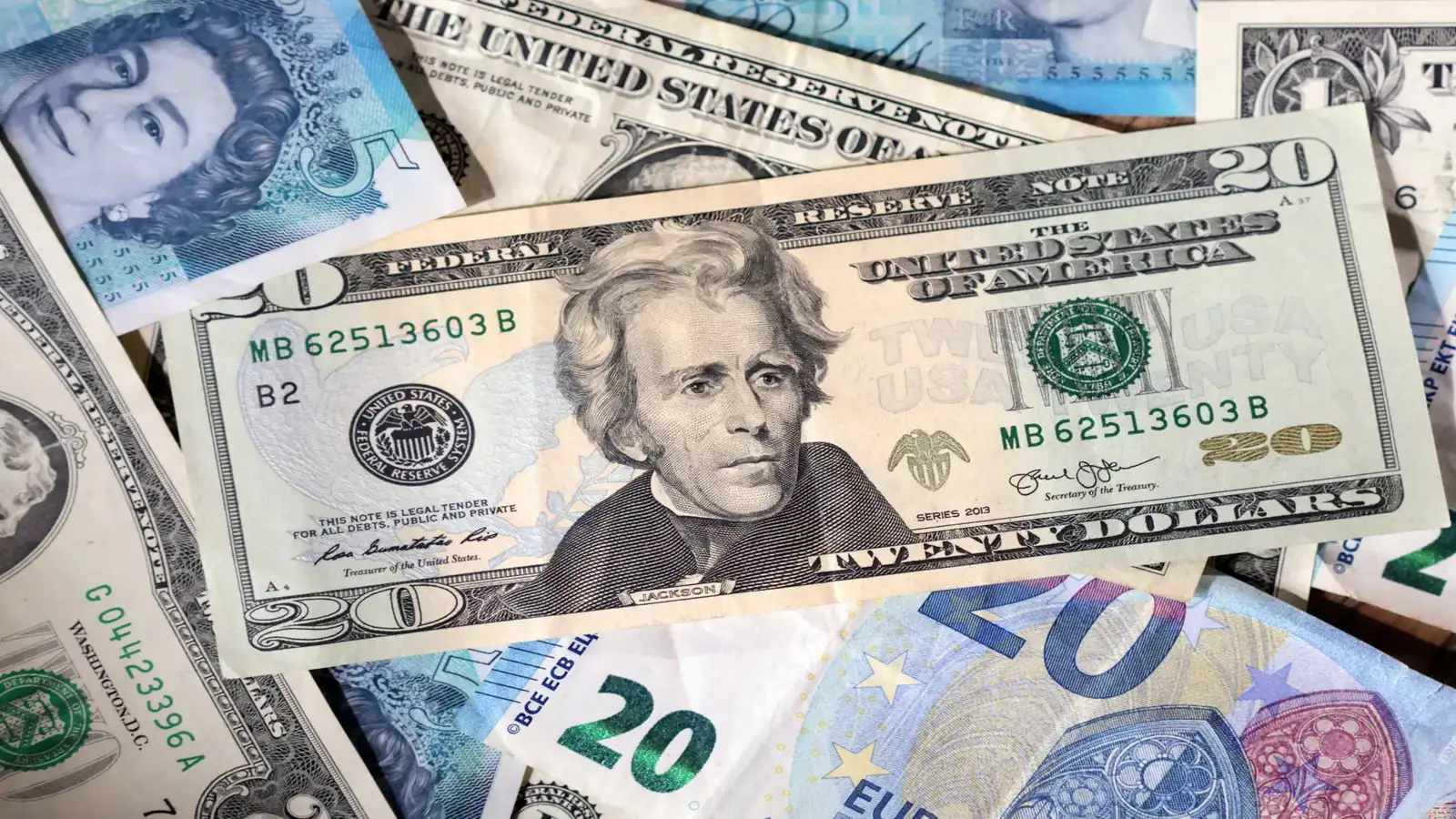
The Trump administration is exploring the possibility of the US government taking a stake in Intel, once one of America’s most dominant tech companies but now struggling to keep pace with rivals.
According to Bloomberg, President Donald Trump met this week with Intel CEO Lip-Bu Tan to discuss a potential deal in which the government would pay for a share of the company. Details are still under discussion, but such an agreement could help Intel push ahead with plans for a new manufacturing facility in Ohio, a project delayed multiple times. The news sent Intel shares soaring more than 7% on Thursday, with most of the gains coming after Bloomberg’s report.
White House officials reportedly see the talks as part of a broader push to boost domestic manufacturing of semiconductors and other critical technologies, including artificial intelligence data centers. Two people familiar with the discussions told CNN that similar investments in other US firms are being considered.
White House spokesman Kush Desai urged caution, saying any talk of deals should be viewed as speculation unless officially confirmed. Intel also declined to address the Bloomberg report directly but emphasized its commitment to supporting the administration’s technology and manufacturing goals.
The Monday meeting between Trump and Tan came days after the president had called for Tan’s resignation over alleged ties to China. Trump later described the discussion as “very interesting,” praising Tan’s “amazing” career and asking Intel to present new ideas in the coming days. Intel called the meeting “candid and constructive.”
Sources say Intel entered the meeting prepared to discuss a range of investment and partnership options. The talks are expected to continue, with both sides exploring what a potential deal might look like.
Tan, who took the helm in March, has been trying to reverse Intel’s fortunes after years of missteps. Last month, the company confirmed it had nearly completed a 15% workforce reduction as part of his turnaround plan.
A White House stake in Intel wouldn’t be the first unconventional deal the Trump administration has pursued recently. Just weeks ago, MP Materials announced a multibillion-dollar investment package with the US Department of Defense to build a magnet manufacturing plant and expand operations. Meanwhile, AMD and Nvidia agreed to pay the US government 15% of their semiconductor sales to China in exchange for licenses to resume exports, following separate meetings between Trump and Nvidia CEO Jensen Huang.
While there’s no timeline for a decision, any agreement with Intel would mark a significant, and rare, direct investment by the US government in a private tech giant.















































































































































































































































































































































































































































































































































































































































































































































































































